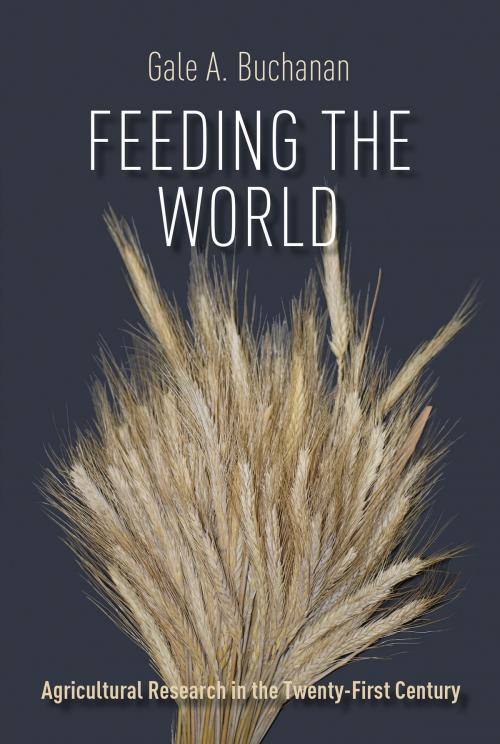Feeding the World
Agricultural Research in the Twenty-First Century
Nonfiction, Science & Nature, Science, Other Sciences, Methodology, Business & Finance, Industries & Professions, Industries, Social & Cultural Studies, Social Science| Author: | Gale A. Buchanan | ISBN: | 9781623493707 |
| Publisher: | Texas A&M University Press | Publication: | March 15, 2016 |
| Imprint: | Texas A&M University Press | Language: | English |
| Author: | Gale A. Buchanan |
| ISBN: | 9781623493707 |
| Publisher: | Texas A&M University Press |
| Publication: | March 15, 2016 |
| Imprint: | Texas A&M University Press |
| Language: | English |
The astounding success of agricultural research has enabled farmers to produce increasingly more—and more kinds—of food throughout the world. But with a projected 9 billion people to feed by 2050, veteran researcher Gale Buchanan fears that human confidence in this ample supply, especially in the US, has created unrealistic expectations for the future. Without a working knowledge of what types and amounts of research produced the bounty we enjoy today, we will not be prepared to support the research necessary to face the challenges ahead, including population growth, climate change, and water and energy scarcity.
In this book, Buchanan describes the historical commitment to research and the phenomenal changes it brought to our ability to feed ourselves. He also prescribes a path for the future, pointing the way toward an adequately funded, more creative agricultural research system that involves scientists, administrators, educators, farmers, politicians, and consumers; resides in one “stand alone” agency; enjoys a consistent funding stream; and operates internationally.
The astounding success of agricultural research has enabled farmers to produce increasingly more—and more kinds—of food throughout the world. But with a projected 9 billion people to feed by 2050, veteran researcher Gale Buchanan fears that human confidence in this ample supply, especially in the US, has created unrealistic expectations for the future. Without a working knowledge of what types and amounts of research produced the bounty we enjoy today, we will not be prepared to support the research necessary to face the challenges ahead, including population growth, climate change, and water and energy scarcity.
In this book, Buchanan describes the historical commitment to research and the phenomenal changes it brought to our ability to feed ourselves. He also prescribes a path for the future, pointing the way toward an adequately funded, more creative agricultural research system that involves scientists, administrators, educators, farmers, politicians, and consumers; resides in one “stand alone” agency; enjoys a consistent funding stream; and operates internationally.















